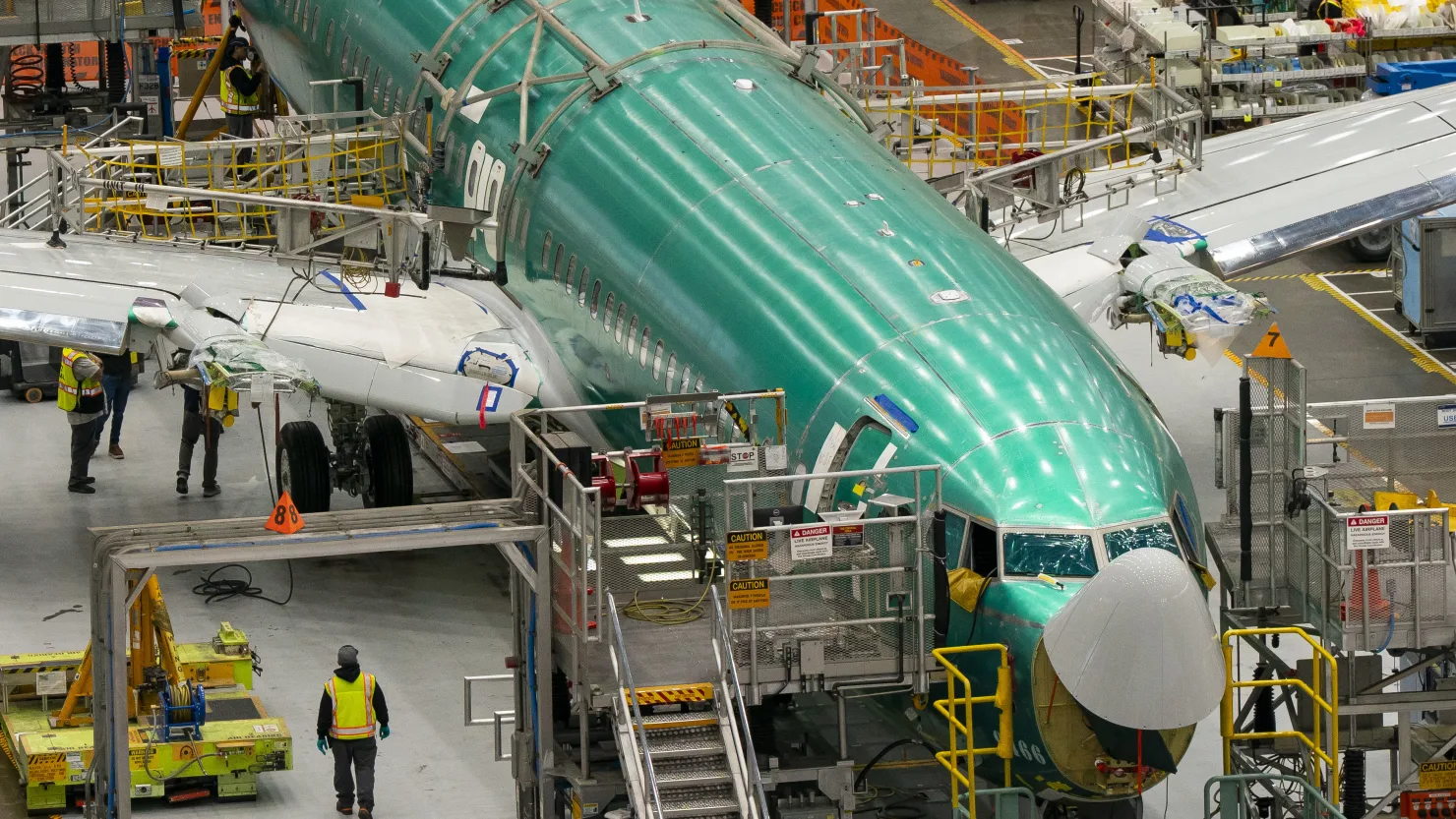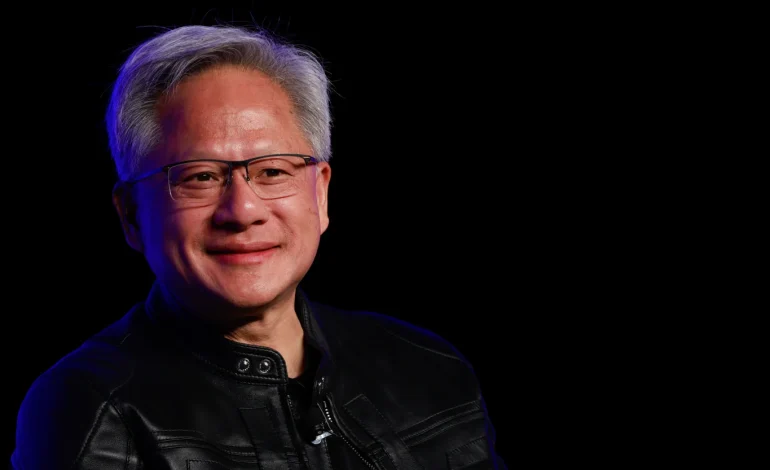Speaking at London Tech Week 2025, Nvidia CEO Jensen Huang described a transformative shift in how artificial intelligence is programmed, likening the process to teaching or guiding a person rather than writing traditional code.
“The way you program an AI is like the way you program a person,” Huang said. “You just ask nicely.”
This concept reflects the growing accessibility of AI tools, which now allow users to interact with machines using natural, everyday language instead of specialized programming languages.
Huang characterized this shift as a fundamental redefinition of computing.
“In the past, technology was hard to use,” he explained. “You had to learn C++, Python, or architect complex systems. Now, the programming language is human — and everyone knows that.”
During his keynote alongside UK Prime Minister Keir Starmer, Huang portrayed AI as “the great equalizer,” enabling more people to interact with computers and participate in technological innovation. He illustrated the concept with an example: prompting an AI to write a poem, offering feedback, and receiving an improved result — all through plain language.
“This is the miracle of artificial intelligence,” he said. “Everybody in the world is now a programmer.”
The appearance marked the start of Huang’s European tour, with London as the first stop. At the event, Nvidia also announced a new UK “Sovereign AI Industry Forum,” a partnership initiative with companies including BAE Systems, BT, and Standard Chartered. It also unveiled plans for a new AI Technology Centre in Bristol to train developers and support AI adoption in areas like robotics and financial services.
Despite praising the UK’s AI ecosystem — which he described as being in a “Goldilocks” state due to its talent and private investment levels — Huang also noted a critical gap: the lack of domestic AI infrastructure. He emphasized the need for large-scale computing resources to match the country’s research capabilities.
Starmer responded by announcing a £1 billion investment to expand the UK’s computing power twentyfold. He emphasized the government’s goal to use AI to enhance public services and train civil servants in AI applications by autumn 2025.
The broader context includes Nvidia’s efforts to diversify its client base beyond major US tech firms by forming AI infrastructure deals with governments, including recent initiatives in Saudi Arabia and the UAE. Huang’s remarks align with Nvidia’s vision of building AI into a foundational resource — one as essential as electricity.
With input from CNBC, Business Insider, and the Financial Times.










The latest news in your social feeds
Subscribe to our social media platforms to stay tuned